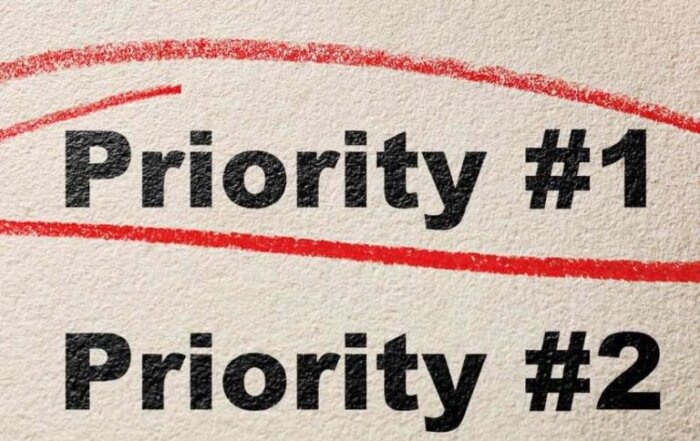The average US household owes more than $ 5,500 in credit card debt, ¹ and the average Canadian household owes more than $ 8,500 in consumer debt.
Often times, we may not even realize how much that borrowed money is costing us. High-interest debt (like credit cards) can slowly drain the life of your budget.
The average APR for credit cards is over 16% in the US³ and around 19% in Canada.⁴ Think about that for a second. If someone offered you a guaranteed investment that paid 16-19%, you would probably step over the fire to sign the paperwork.
So here’s a mind-blowing mindset: paying off high-interest debt isn’t the same as getting a 16-19% return on an investment, it’s better.
Here’s why: The return on a standard investment is taxed and cut down to a third so the government can do whatever governments do with money. Paying off a debt that has an interest rate of 16% is like getting a return of 20%, or even more, because the interest saved is money after taxes.
Like any investment, paying off high-interest debt will take time to produce a significant return. Your “earnings” will seem low at first. They will appear low because they are low. Hang there. Over time, as balances decrease and more cash becomes available each month, the benefit will become more apparent.
High interest vs. low balance
We all want to pay off debts, even if we are not always on the lookout for it. Debt bothers us. We know someone is in our pockets. It’s tempting to pay off small balances first because it will be quicker to clear them.Of course, paying off small balances feels good, especially when it comes to making the last payment. However, the math favors going to the big shot first, the hungry plastic shark that is eating through your wallet, bank account, retirement savings, vacation plans, and everything in between. High-interest debt will first free up money to pay off small balances, too.
Summarizing
High-interest debt, typically credit cards, can cost you hundreds of dollars a year in interest, and that’s assuming you don’t buy anything else while paying. Paying off your high-interest debt first has the potential to save all that money that you would end up paying in interest. And imagine how much better it could feel to pay off other debt or bolster your financial strategy with the money you save!

